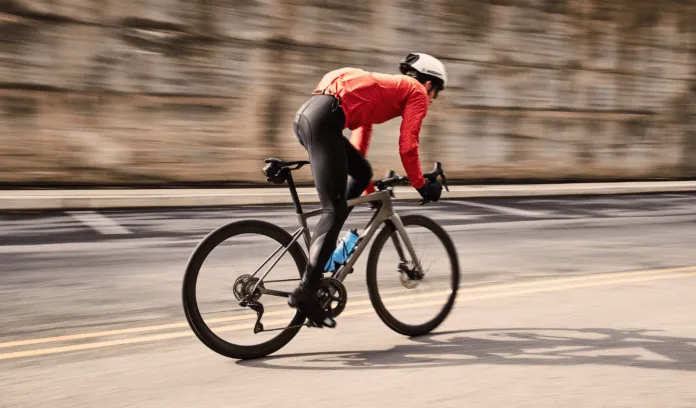A groundbreaking study has revealed that exercise can slow down our perception of time, showing that this phenomenon is more common than previously thought.
Researchers from Canterbury Christ Church University, the University of Groningen, and Northumbria University have published findings in Brain and Behavior indicating that time seems to move slower during exercise compared to rest or post-exercise periods. This study highlights the potential impact of time perception on physical performance, an area that has seen little experimental investigation until now.
Involving 33 active adults (16 females and 17 males), none of whom specialized in cycling, the study utilized a standardized time perception task during 4 km cycling trials. Participants engaged in these trials under three conditions: solo, against a virtual opponent, and against a virtual opponent with instructions to finish first. The 3D software-created virtual environment enhanced the realism of these conditions.
Participants performed time perception tasks by indicating when they believed 30 or 60 second intervals had passed, tested before, during, and after the exercise. The results showed that time was perceived to slow down during exercise, regardless of virtual competitors or the competitive instructions.
Professor Andrew Edwards, co-lead author and head of the School for Psychology and Life Sciences at Canterbury Christ Church University, emphasized the significance of these findings for exercise enjoyment and performance optimization. “Our research aims to motivate exercise engagement, mitigate negative associations with slow time perception, and leverage this slowing effect to enhance performance,” Edwards stated.
However, the study acknowledges limitations, such as the good physical condition of participants, which may not represent the general population. With a sample size of 33, the research provides an initial insight into how exercise can warp our perception of time and suggests avenues for future research to explore broader implications for health and performance.
The team plans to expand their research to diverse groups and further investigate how time perception influences exercise and health outcomes.


